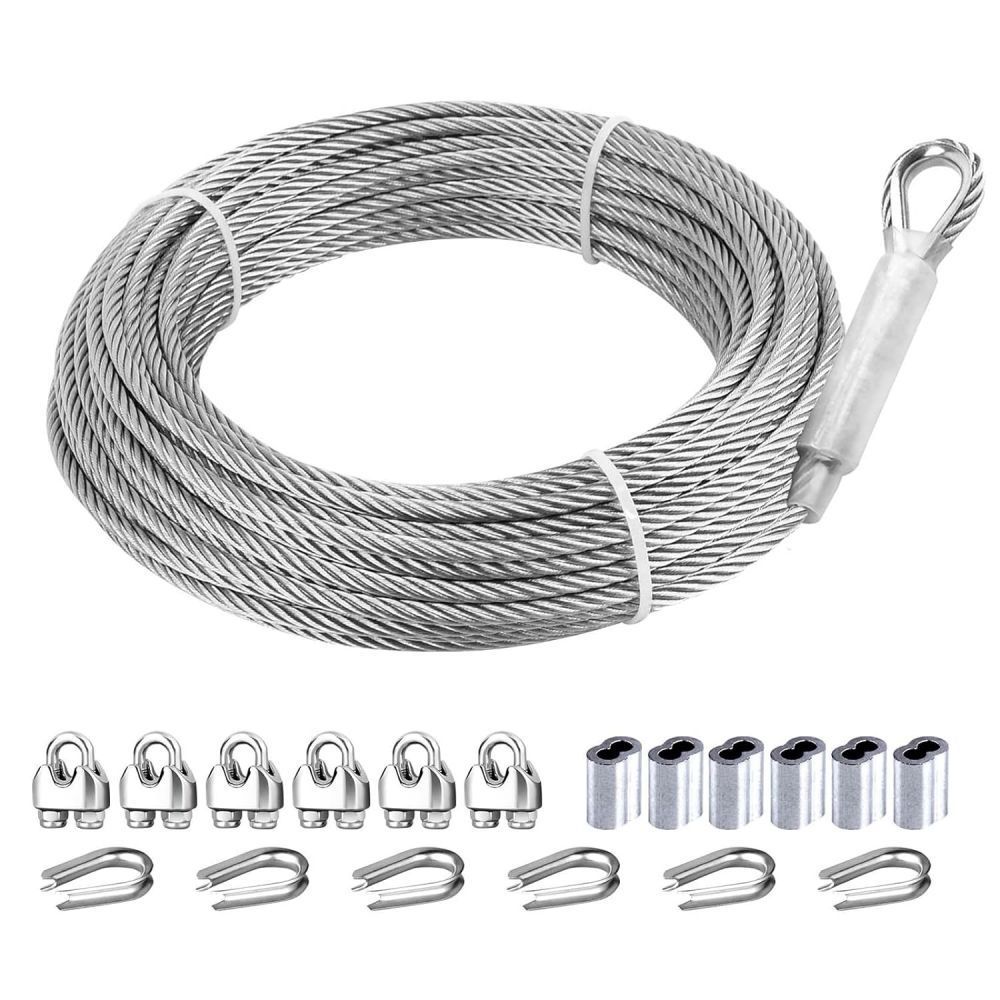
Stainless wire ropes are vital for their strength and corrosion resistance. Blogs offer insights for professionals and DIY enthusiasts on their uses and benefits. Here’s what you can typically expect to find in these blogs:
Steel wire possesses exceptional tensile strength, meaning it can endure significant pulling or twisting forces before it breaks. This characteristic makes it ideal for crucial load-bearing and tension-based applications. The strength of steel wire originates from its internal microstructure.
During the manufacturing process, steel is heated and then rolled into wire form. This process aligns the steel’s crystalline grain structure, creating a continuous, uniform arrangement of atoms throughout the wire. This grain alignment significantly boosts the wire’s tensile strength. Additionally, steel wires are often galvanized or coated with zinc to prevent rusting and corrosion over time.
Several types and grades of high-carbon steel wire are available:
High-tensile steel wire: Known for the highest tensile strength, this type is typically used in structural applications and crane rigging due to its exceptional resistance to stretching under heavy loads.
Improved plow steel wire: While slightly less strong than high-tensile wire, it remains very durable and is often used for utility cables and agricultural fencing.
Extra-high-strength steel wire: As its name implies, this type has even greater tensile strength than high-tensile wire and retains its properties under higher temperatures.
Stainless steel wire: Made from steel alloys with added chromium, this type is more resistant to corrosion, making it ideal for environments where rust protection is crucial.
Within these categories, there are finer grades of steel wire that offer varying levels of strength and durability. Consulting with an industrial supplier can help you select the right grade for your specific application.
Steel wire offers unparalleled strength, durability, and versatility. Key benefits include:
For demanding mechanical applications, construction projects, utility cables, and aircraft cabling, steel wire is the preferred choice. Its unique combination of strength, durability, and affordability makes steel wire the top option for industrial wire needs.
For demanding mechanical applications, construction projects, utility cables, and aircraft cabling, steel wire is the preferred choice. Its unique combination of strength, durability, and affordability makes steel wire the top option for industrial wire needs. By understanding the types, benefits, and proper uses of steel wire, you can make informed decisions to ensure the success and longevity of your projects.

Stainless wire ropes are vital for their strength and corrosion resistance. Blogs offer insights for professionals and DIY enthusiasts on their uses and benefits. Here’s what you can typically expect to find in these blogs: